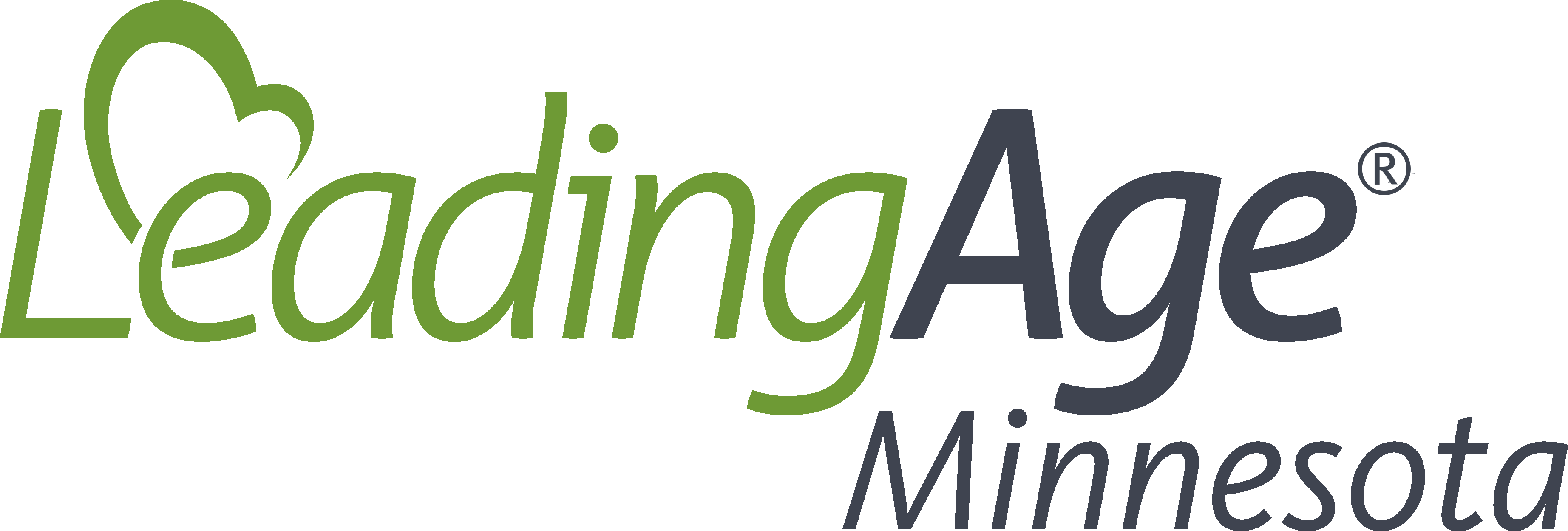Legislation to Fix Medicare Observation Days Introduced in Congress
Posted on April 2, 2019 by Jodi Boyne
A bill to fix the antiquated and onerous problem of Medicare observation days has been introduced in Congress. The Improving Access to Medicare Coverage Act would require all time a Medicare beneficiary spends in a hospital to be counted toward the three-day stay requirement.
Medicare beneficiaries continue to experience outpatient hospital stays "for observation" lasting far longer than the 24 hours called for in Medicare regulations. Although their hospitalizations may last for many days, these beneficiaries are not admitted as inpatients and therefore do not meet the three-day hospital stay requirement for Medicare coverage of any post-acute care they may need upon their release from the hospital. As a result, these beneficiaries pay out-of-pocket for the care they need or go without it.
A U.S. Department of Health and Human Services Office of Inspector General (OIG) report in December, 2016 noted that hospitals continue to bill for a large number of long outpatient stays and that “an increased number of beneficiaries in outpatient stays pay more and have limited access to SNF services than they would as inpatients."
This is not the first time Congress has attempted the address the observation days issue. The Notice of Observation Treatment and Implication for Care Eligibility (NOTICE) Act, which passed in 2015, required hospitals to notify Medicare beneficiaries, both orally and in writing, if they are in outpatient, observation status and how this status may affect their eligibility for Medicare coverage of any post-acute care they may need following their hospitalization. However, that law did not give Medicare beneficiaries any recourse to adjust their status to inpatient, so they are still without post-acute care coverage.
This issue is attracting increased attention from outside the aging services field. A March 25 Health Affairs article shared the findings of a recent OIG report that noted many of the "improper" claims for Medicare coverage of skilled nursing care following a hospitalization resulted from the different ways eligibility for inpatient hospital status is determined versus the calculation for satisfaction of the three-day stay requirement.
The article recommended that the Centers for Medicare & Medicaid Services (CMS) and Congress fix the underlying problem of a two-tiered bill status for hospitalized patients by starting a “unified clock” at the time care begins for the two-midnight rule and three-midnight statute. In addition, the article suggested that Congress support legislation that would count all midnights in the hospital toward the three-midnight Skilled Nursing Facility requirement.
Comments
Add a comment
Members must sign in to comment
You must be a member to comment on this article. If you are already a member, please log in. Not a member? Learn how to join »

No one has commented on this article yet. Please post a comment below.